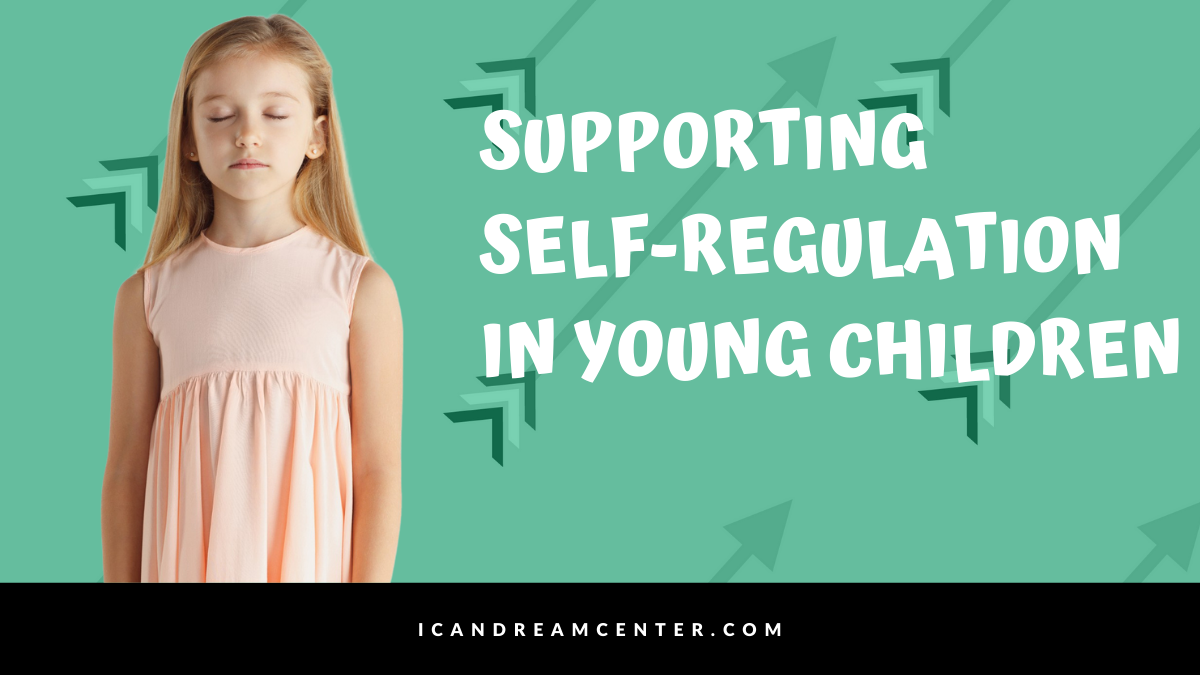
Supporting Self-Regulation in Young Children
Start with you.
Learn to recognize and manage your own stresses. Take advantage of available support services to understand how your own feelings, experiences, and well-being influence your interactions with your child.
Add mind-body activities to your daily routines.
Simple activities, such as mindful breathing or yoga, can have big benefits. iCan Dream Center social workers teach relaxation techniques designed for children that may also be helpful for adults. Show the children what you do to calm down when you feel stressed or upset by describing your specific feelings and actions. For example, “I feel upset right now. I am going to take deep breaths to calm down.”
Establish a warm and responsive relationship with your child.
Take small steps each day to strengthen your bond with your child. Reflect on your child’s personality and interests and take those into consideration planning family activities. Show them you notice and care about who they are and how they feel. Use child-centered and play-based parenting practices that involve giving positive attention and making descriptive comments while letting a child take the lead. Play can help support warm relationships and it also promotes learning and self-regulation development.
Create predictable schedules and routines
Children need a sense of security and so they know what to expect throughout the day. Display pictures that convey the day’s activities. Establish simple household rules and teach them through repeated practice and by emphasizing appropriate behaviors (e.g., “Use gentle hands”). Prompt children to identify the rules, show them what following the rule looks like, and offer specific praise when they follow them.
Review behavioral expectations and rules regularly
This is especially critical during transitions or choice time. Remember that children with intense need time to transition from one activity to the next. Avoid turning the television off without warning. Give short, brief reminders that a transition is going to occur and support your child positively through the transition. Reward small victories and continually review what the steps are.
When conflicts do occur, suggest solutions, coach problem-solving, and provide support.
Help your child develop and practice social and emotional skills. Respond with warmth and structure during stressful moments and teach her how to solve problems. Redirect his attention or actions away from challenging behaviors and help her make positive choices. When setting limits, remember to maintain a warm relationship and use positive approaches to discipline. Logical, external consequences provided in a consistent and calm manner encourage positive behavior and keeps children safe. When a child is upset, respond quickly and with empathy and help the child use words to express how they feel. Help your child practice calm-down strategies, such as asking for a hug, getting a stuffed animal, taking a deep breath, or looking at a picture book. Notice when your child uses these strategies and comments on how much it helped them calm down, and encourage her to re-engage in positive activities once she is calm. Roleplay simple solutions to problems, such as using her words to ask for what she wants. Prompt the child to use these strategies the next time a problem occurs, or when she starts to get upset.
